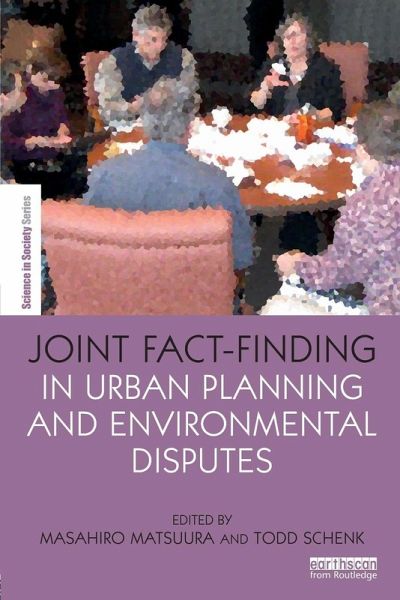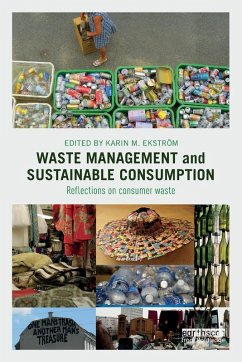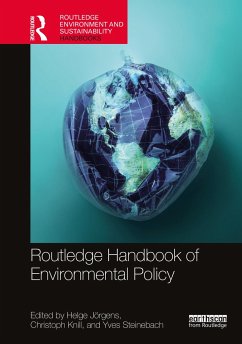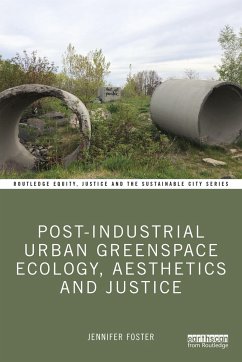
Joint Fact-Finding in Urban Planning and Environmental Disputes
Versandkostenfrei!
Versandfertig in 1-2 Wochen
58,99 €
inkl. MwSt.
Weitere Ausgaben:

PAYBACK Punkte
29 °P sammeln!
This book examines how groups looking to plan and make decisions in any number of areas wade through the imperfect and often contradictory information they have to make fair, efficient, wise and well-informed choices. An emerging and very promising approach called joint fact-finding (JFF) can help. Rather than each stakeholder group marshalling the set of facts that best advance their respective interests and perspectives while discrediting the contradictory facts others provide, groups are challenged to collaboratively generate a shared set of facts that all parties accept. This book introduc...
This book examines how groups looking to plan and make decisions in any number of areas wade through the imperfect and often contradictory information they have to make fair, efficient, wise and well-informed choices. An emerging and very promising approach called joint fact-finding (JFF) can help. Rather than each stakeholder group marshalling the set of facts that best advance their respective interests and perspectives while discrediting the contradictory facts others provide, groups are challenged to collaboratively generate a shared set of facts that all parties accept. This book introduces readers to the theory of JFF, the value it can provide, and how they can adopt this approach in practice. It brings together writings from leading practitioners and scholars from around the world that are at the forefront of the JFF approach to science intensive policy making, urban planning, and environmental dispute resolution.














